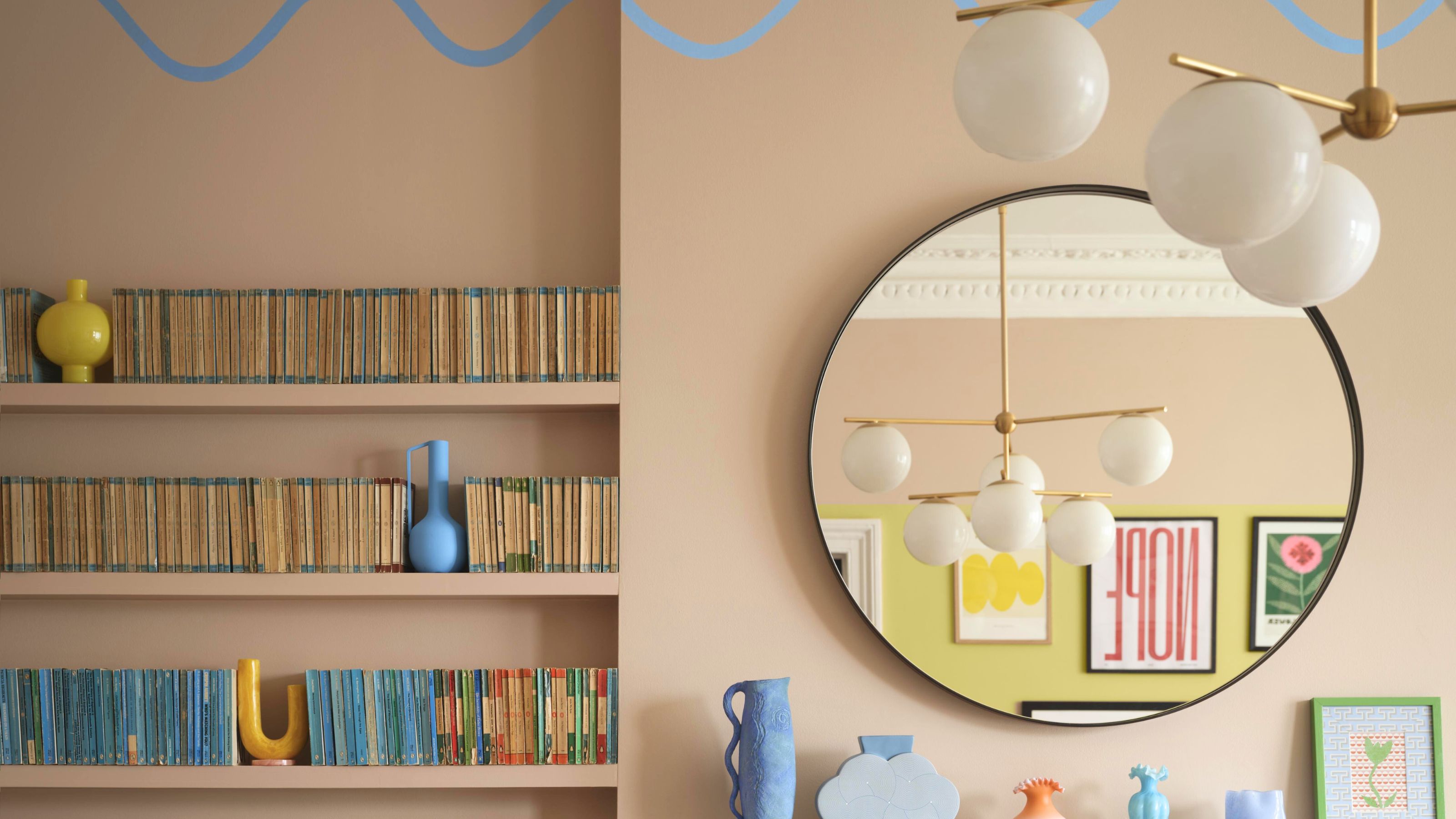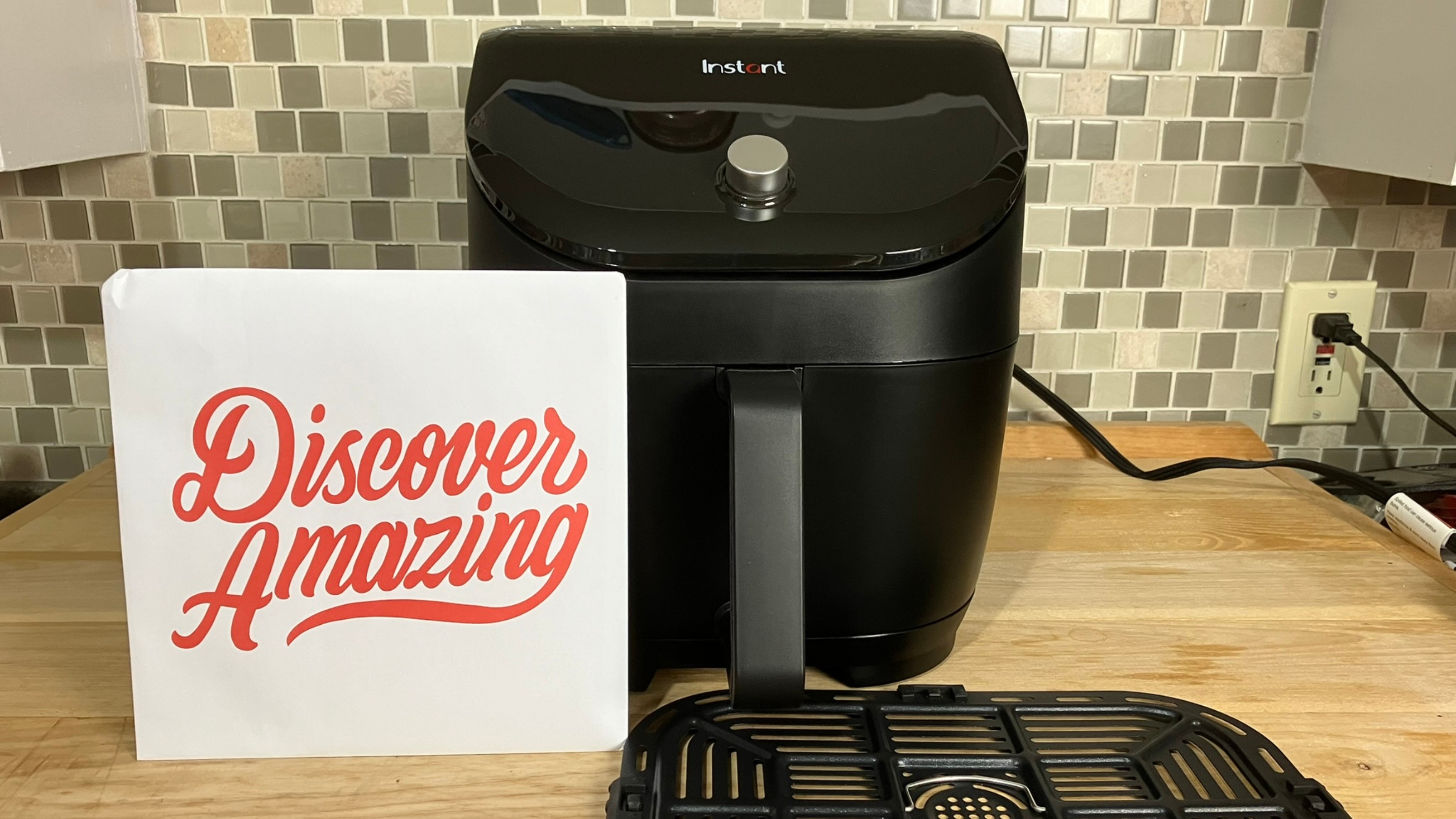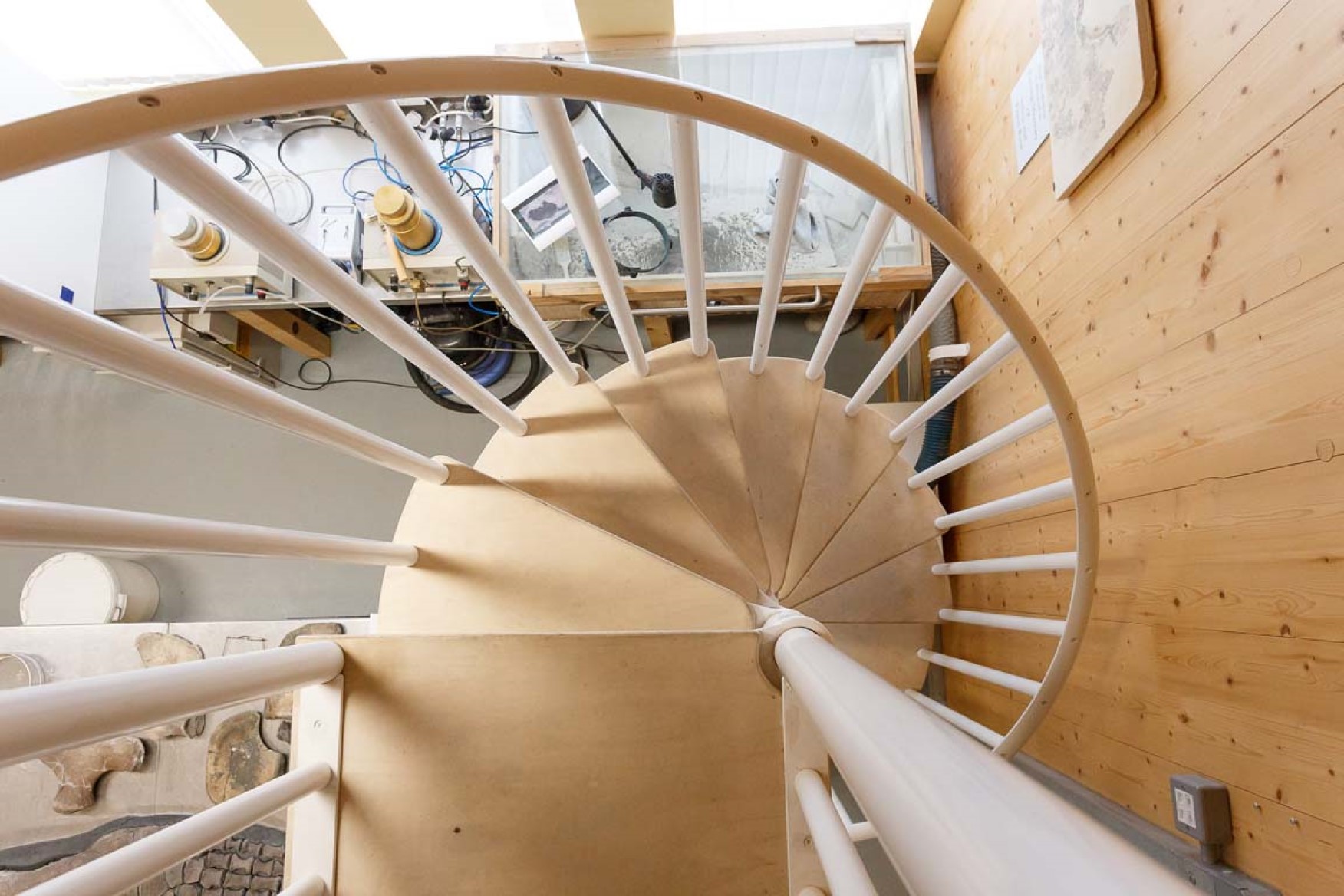
If you’re refurbishing an old home or building a new one, at some point you’ll be deciding whether to go for a bespoke staircase or get a staircase kit. Which one should you go for? The answer will partly depend on your budget: it is true that staircase kits do tend to be cheaper. However, the staircase is a very important structural and design element in the home, and if your property is in any way non-standard (this applies to virtually all homes in the UK), you should consider a bespoke staircase with a reliable company such as British Spirals & Castings. Here’s why.
1. A bespoke staircase will fit the exact requirements for your home
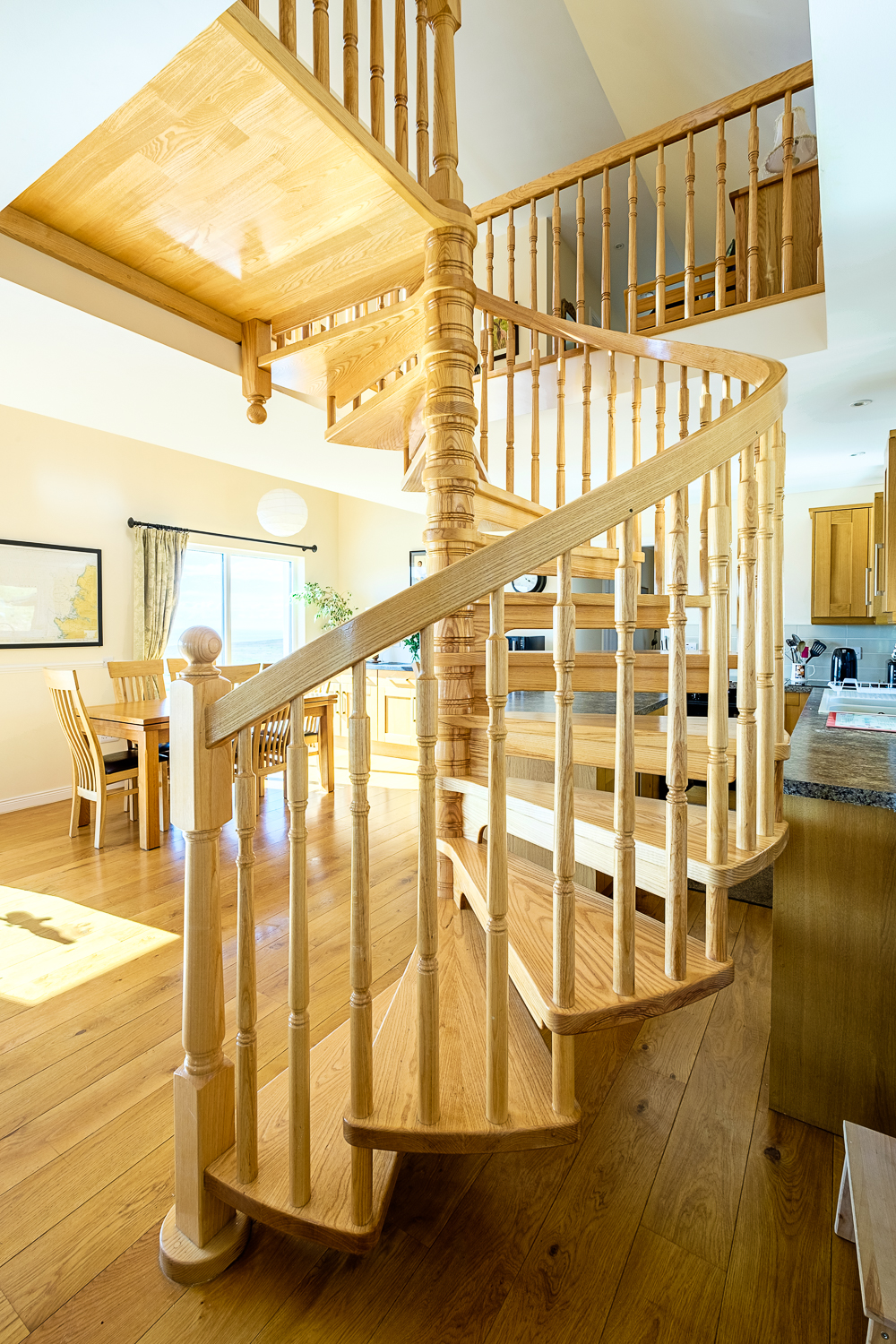
If you’re refurbishing a period property, it’s highly advisable to go bespoke. Period homes tend to have non-standard dimensions; some have sloping ceilings or narrow hallways that require skill and experience to work with.
Moreover, when you choose a bespoke staircase, the manufacturer will talk you through not just the particular requirements of your property, but also how you will be using it. For example, will there be children playing in the home, which will have extra safety implications for your staircase design? If you plan on living on your own, would you rather save on space and go for a narrower staircase? A bespoke maker will tailor the staircase to your needs.
2. Going bespoke can help you maximise the amount of natural light in your home
If part of the idea behind your renovation or refurbishment project is to increase the amount of natural light coming in, the staircase can have a surprisingly important role to play. Features such as open risers and glass balustrades can make all the difference to visually opening up a hallway and making sure that light passes through rather than being blocked by the staircase. Bespoke staircase makers have plenty of experience designing and making staircases with maximising natural light in mind.
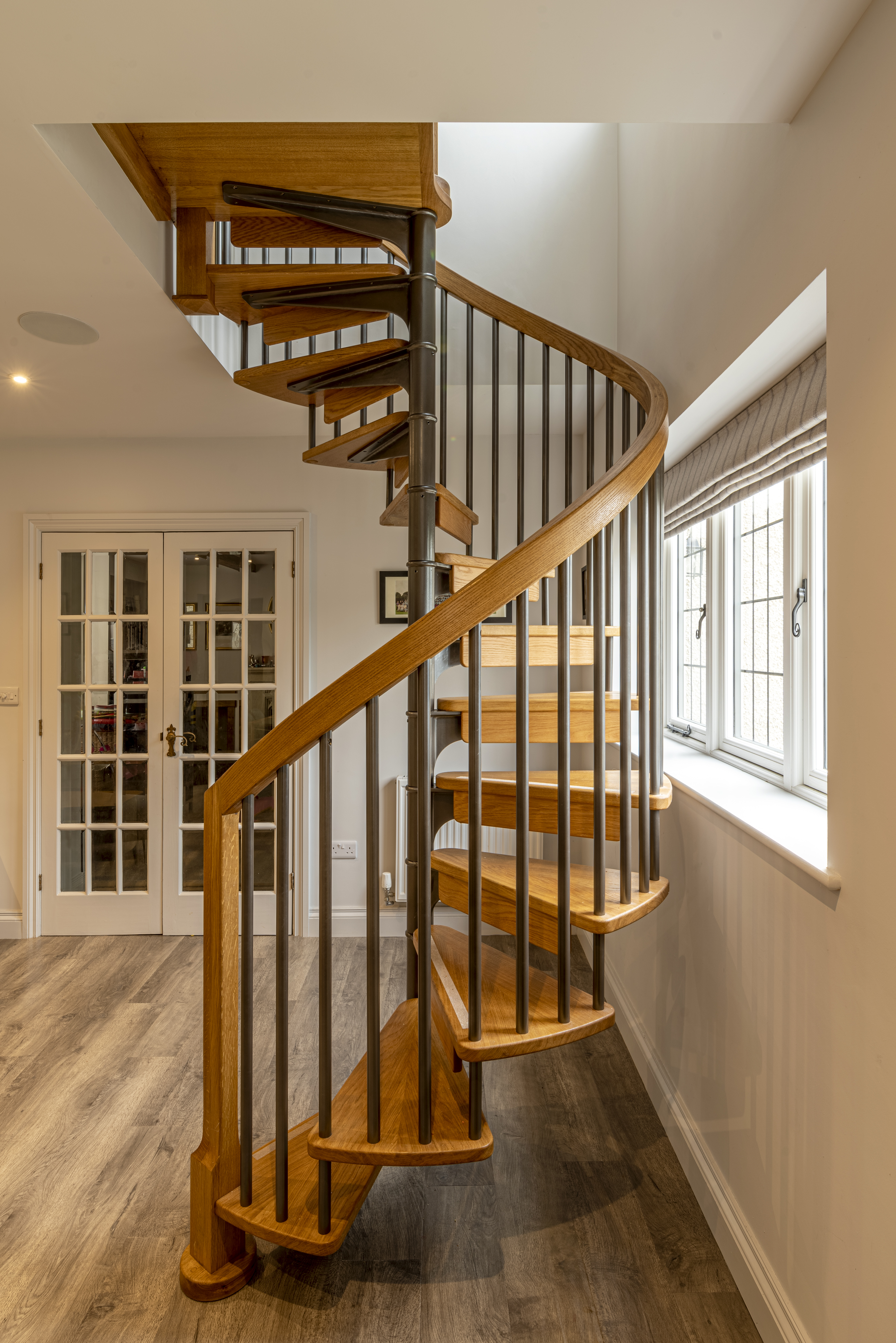
3. Bespoke staircase makers will advise you on the correct staircase size
Not everyone knows this before starting their building project, but there are specific regulations that will apply to your staircase. Staircases need to be safe in case of evacuation in an emergency, and there are different dimension limits in place depending on how many people will be using the staircase and the size and use of the property. By working with a bespoke manufacturer, you can have confidence that the staircase will meet these requirements.
4. A bespoke staircase will improve the design of your hallway
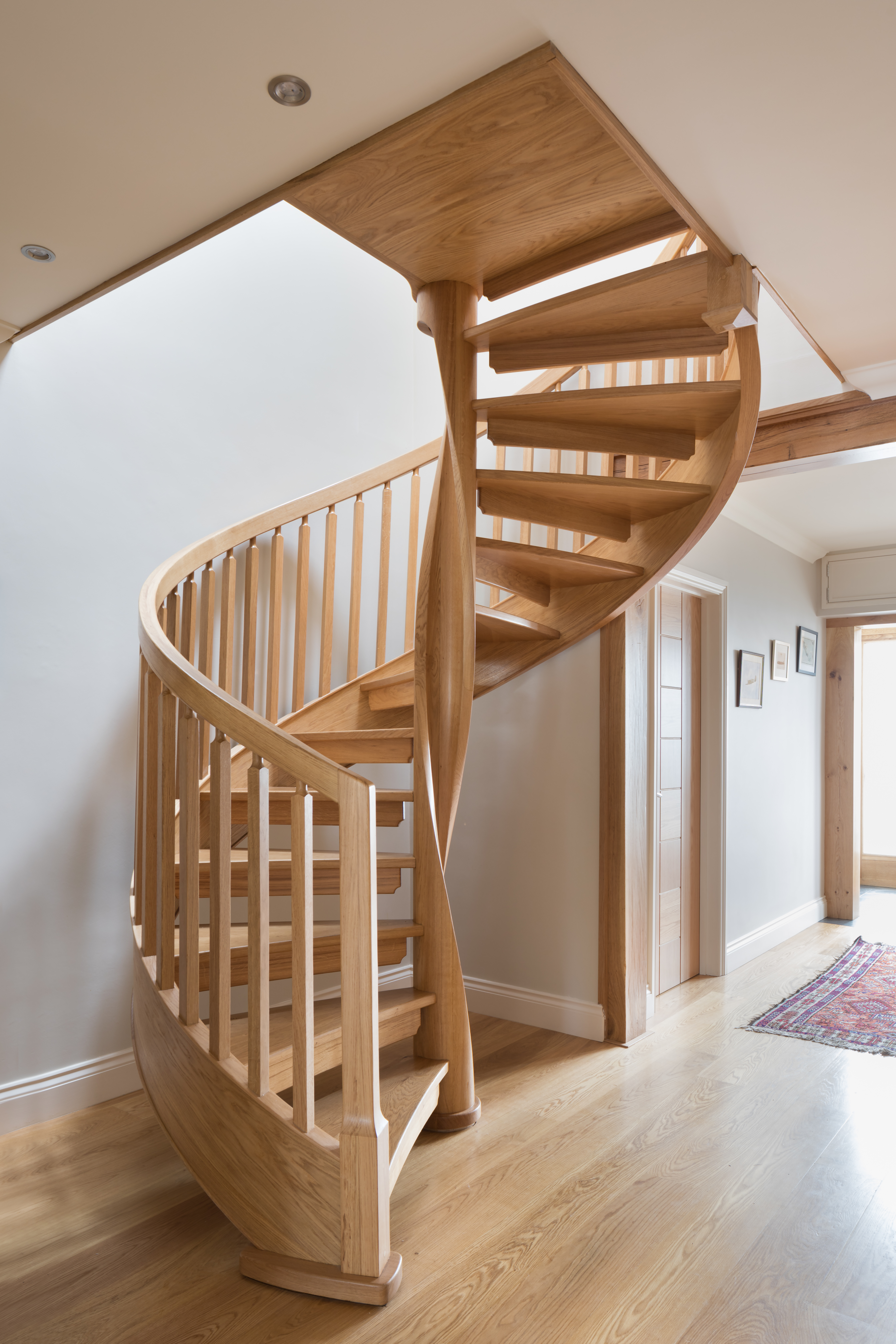
A beautifully designed staircase can completely transform the way your home looks, especially in open-plan layouts. Whether you’re after an ultra-modern, transparent design, or an ornate metal staircase with unique features to enhance a period home’s hallway, British Spirals & Castings can produce staircases that are completely bespoke, including bespoke patterns for treads and spindles.

5. Bespoke manufacturers offer better quality materials
If you are going for a staircase kit, you’ll need to thoroughly research the quality and provenance of the materials used. The last thing you want is a staircase that’s flimsy and will need to be replaced in only a few years. British Spirals & Castings use the finest hardwoods and own their own foundry at which they produce all the case aluminium sections for their staircase. Homeowners can either choose from one of a range of existing designs, tailoring the type of wood and powder coating on any metalwork to their needs.
Join our newsletter
Get small space home decor ideas, celeb inspiration, DIY tips and more, straight to your inbox!
Real Homes is committed to sharing the best advice on everything from renovating your home to what products to fill it with. From DIY how tos, to ideas galleries and reviews Real Homes offers knowledge and expertise to help you do what you need to do, in a way that hopefully makes the process fun and easy. Our sponsored content is not an editorial endorsement, but allows you to connect with brands to assist your home renovation journey and alerts you to products you may not have known about before.
-
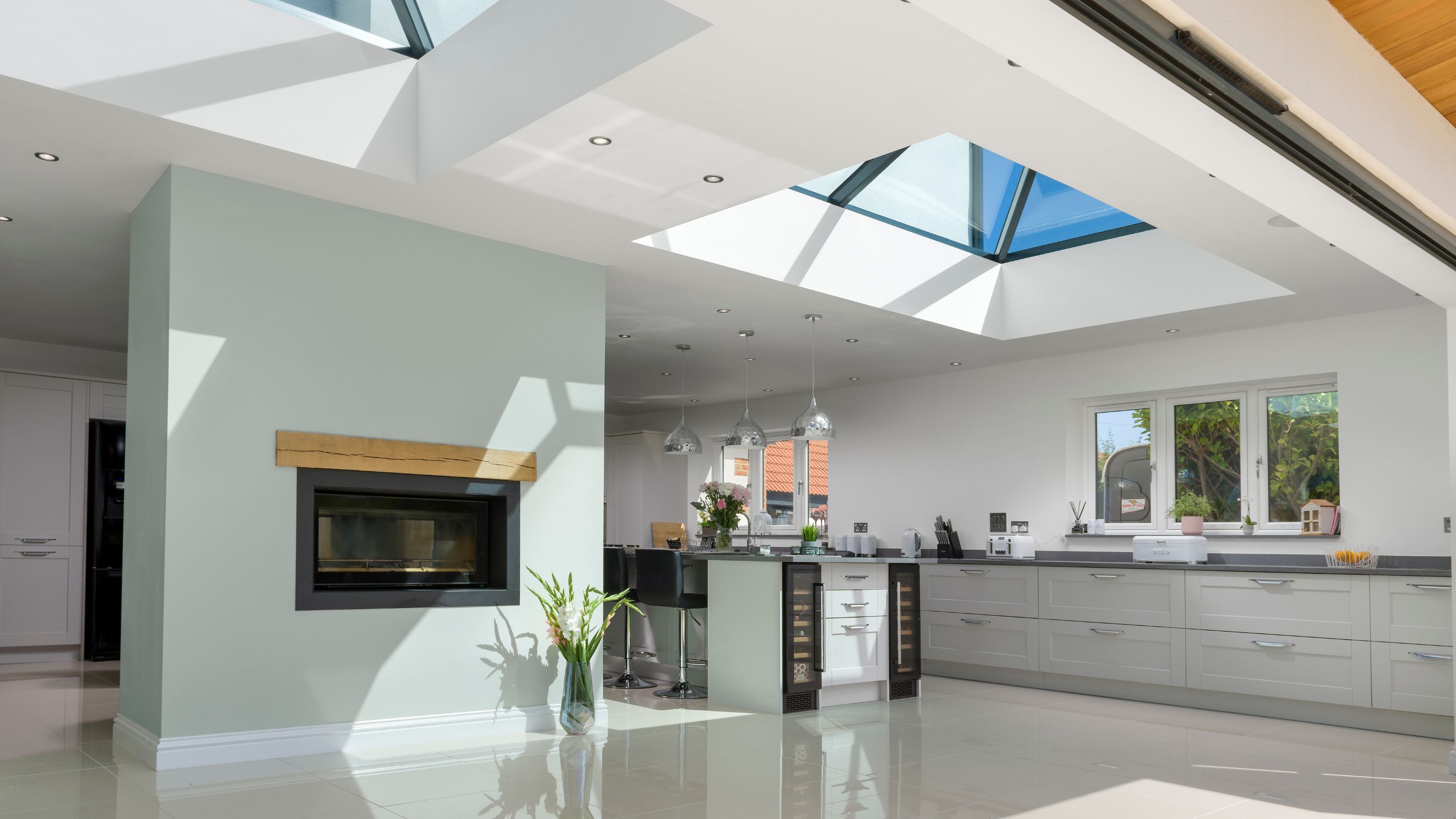 Door and roof ideas from Korniche to get your home lookin' its brightest
Door and roof ideas from Korniche to get your home lookin' its brightestMake the most of natural light with these bi-fold door and roof light products from the Korniche aluminium experts — and have your home looking bright and beautiful in no time
By Sponsored Published
-
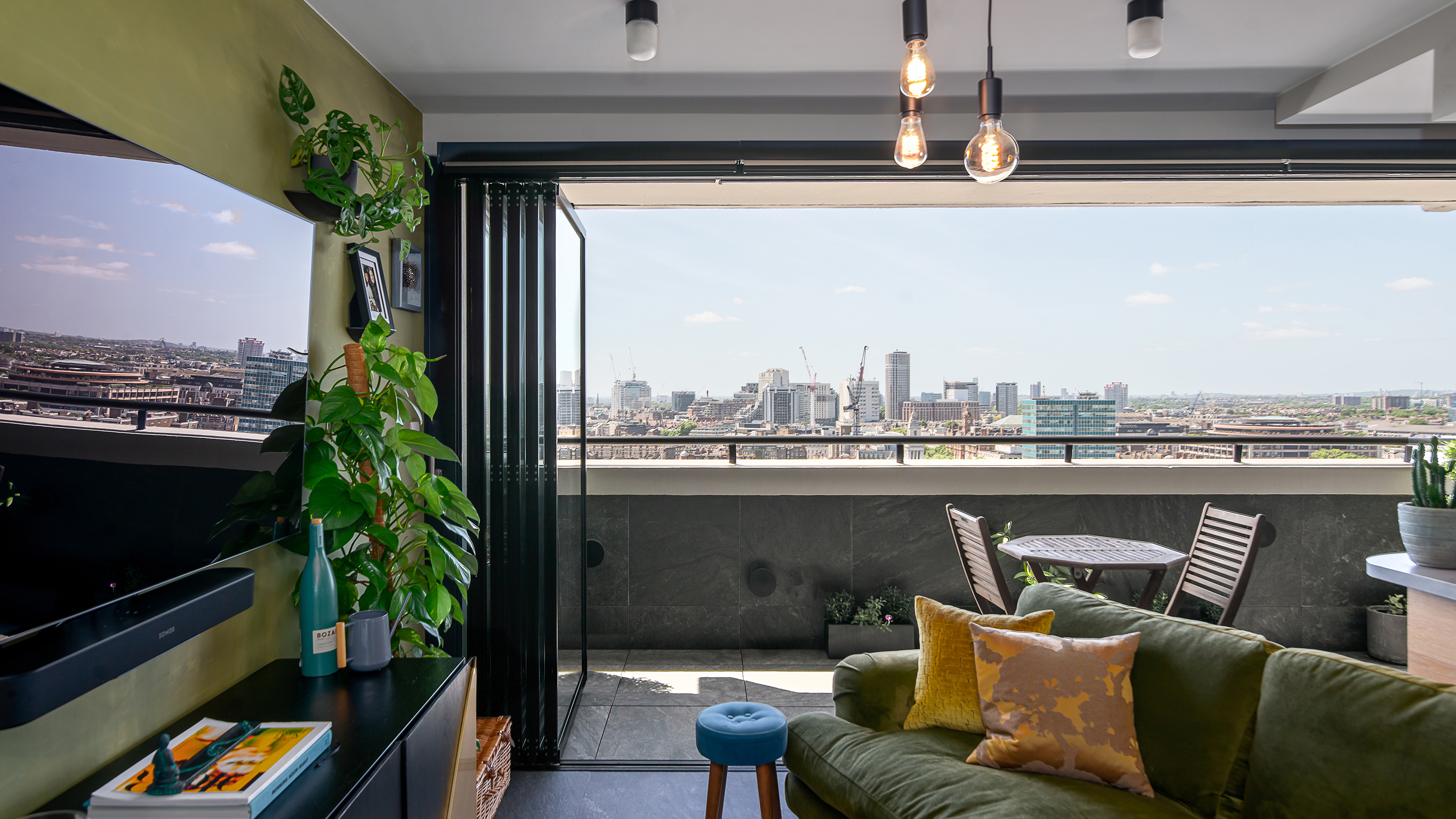 No need to choose between bi-fold or sliding doors — a third option *does* exist
No need to choose between bi-fold or sliding doors — a third option *does* existThis new innovative choice combines the benefits of bi-fold and sliding doors
By Sponsored Published
-
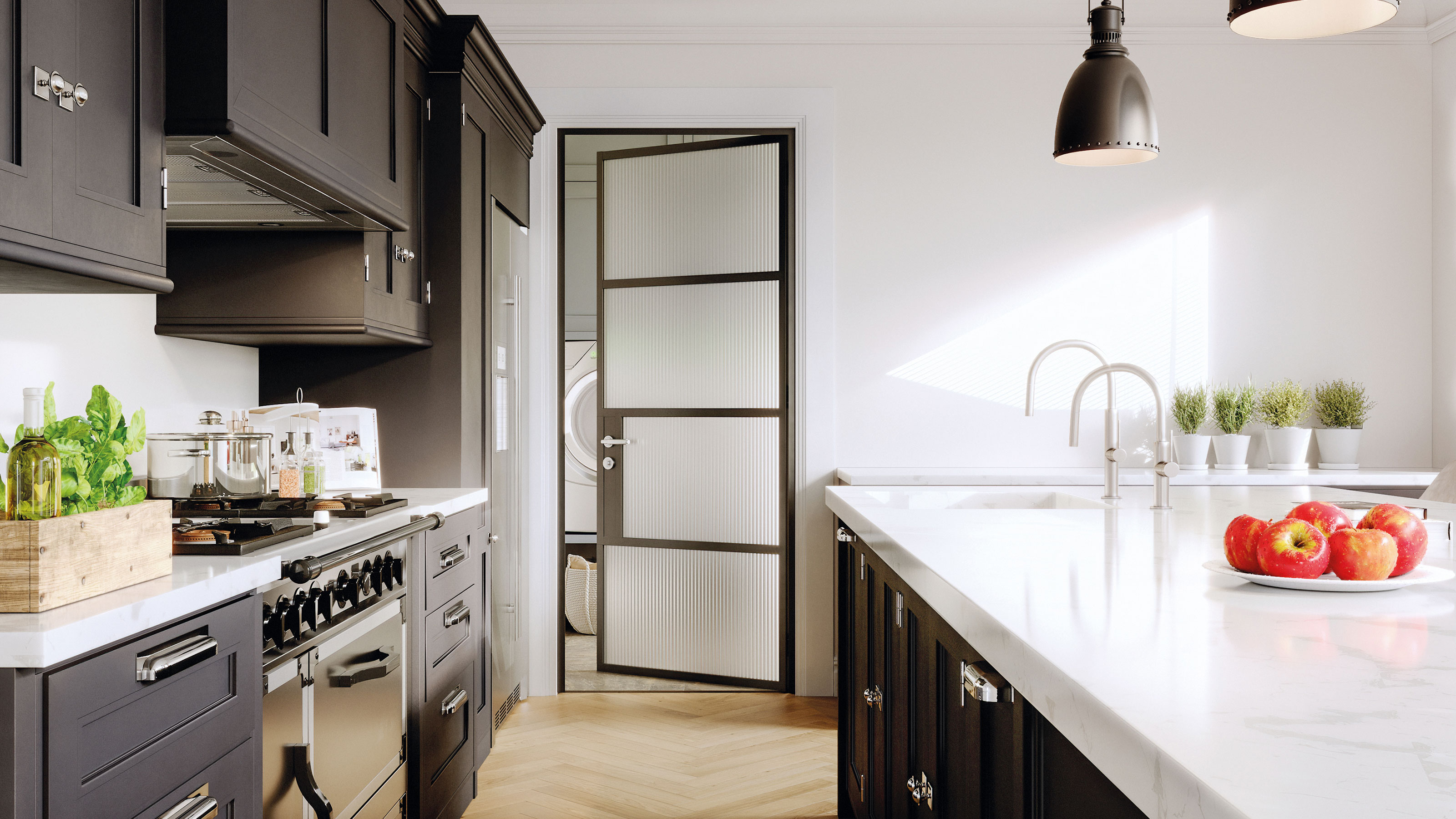 5 ways glazed internal doors can transform your space
5 ways glazed internal doors can transform your spaceBy Sponsored Published
-
 Add a personal touch with photo art
Add a personal touch with photo artTransform your child’s room with their favourite family images
By Sponsored Published
-
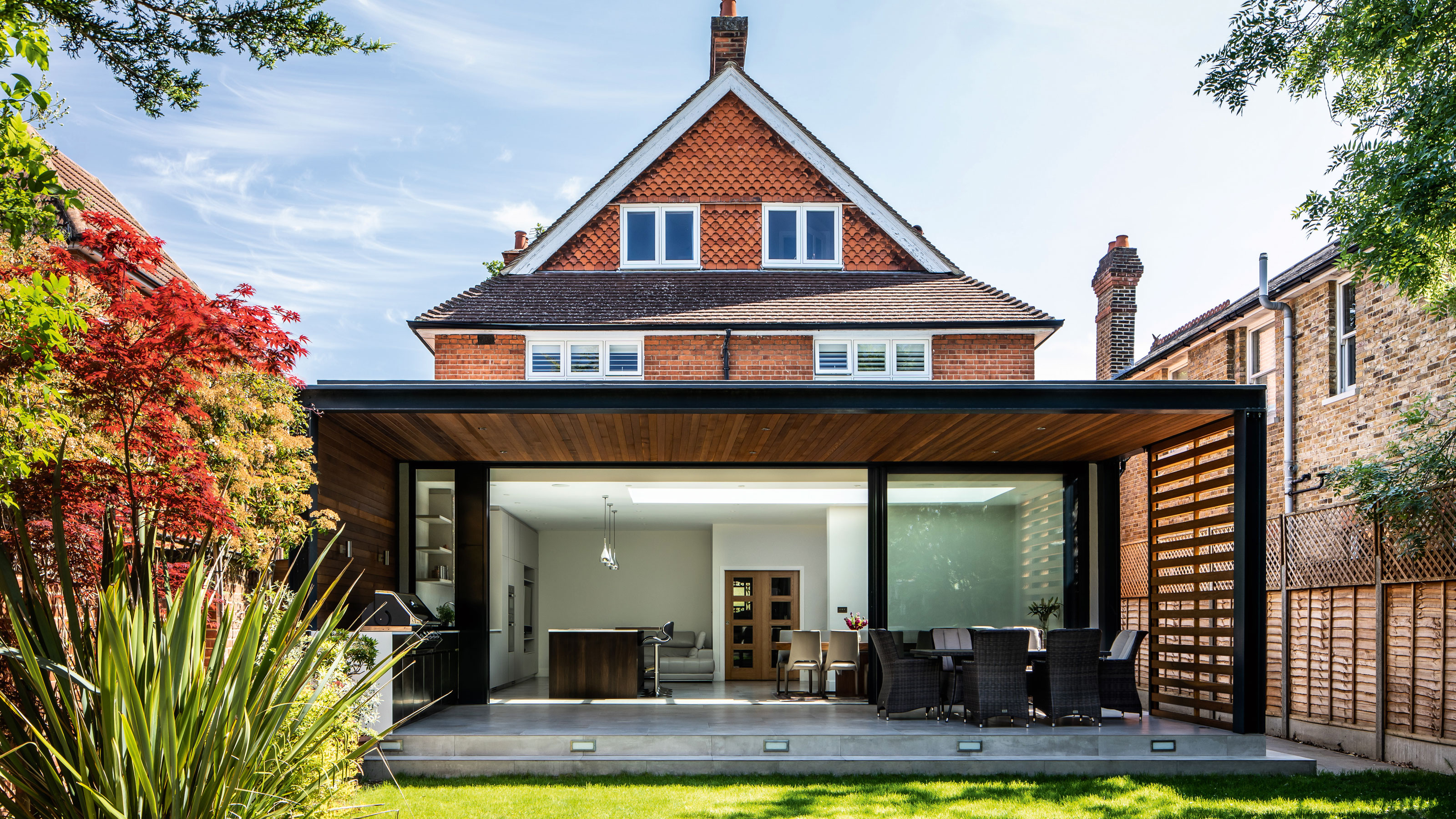 Improve your views with Sunflex sliding doors
Improve your views with Sunflex sliding doorsStriking expanses of glass from Sunflex make the most of garden links
By Sponsored Published
-
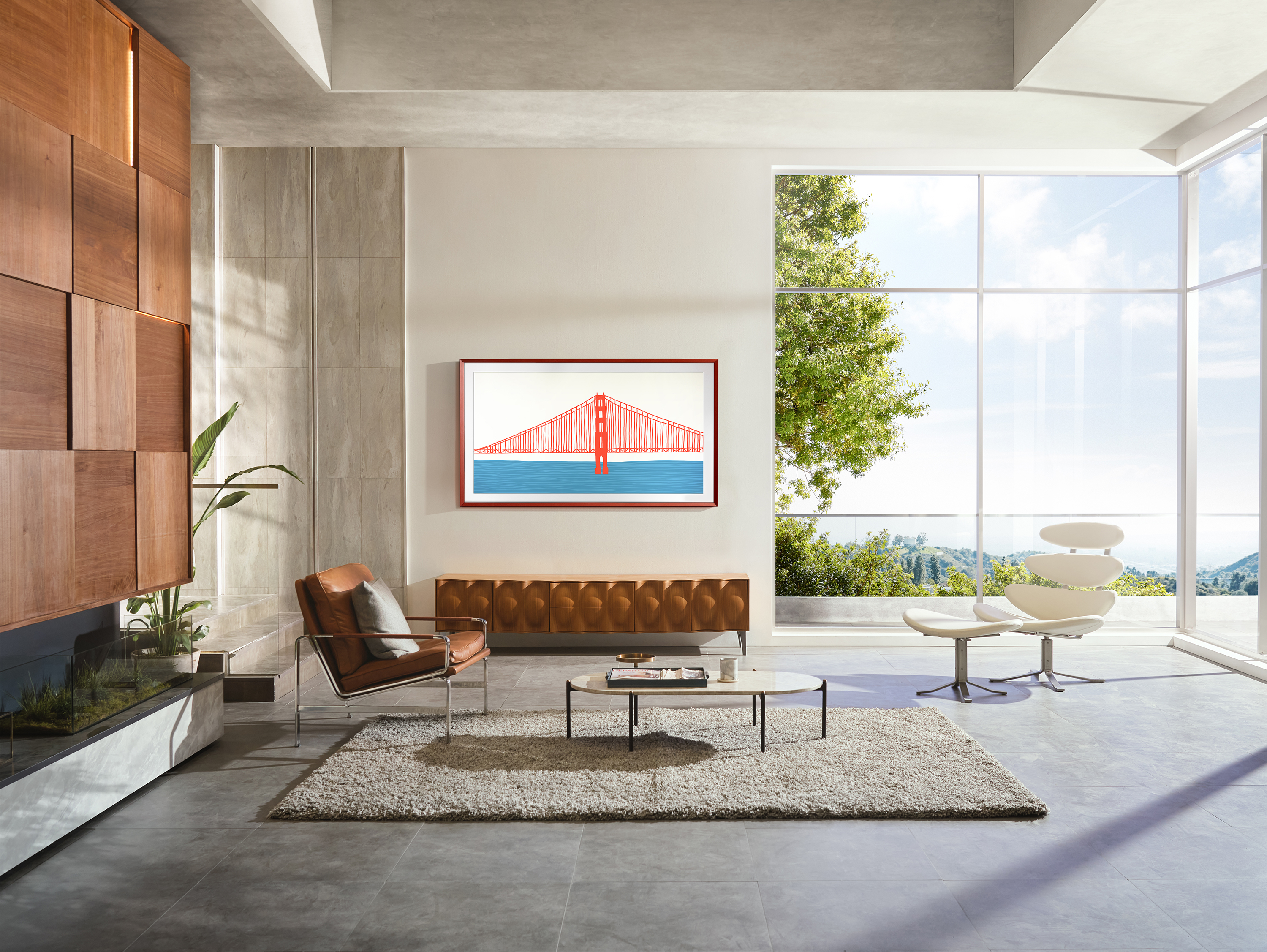 Turning your TV into a piece of wall art
Turning your TV into a piece of wall artIs it a TV or a work of art? With The Frame you won’t be able to tell the difference.
By Sponsored Last updated
-
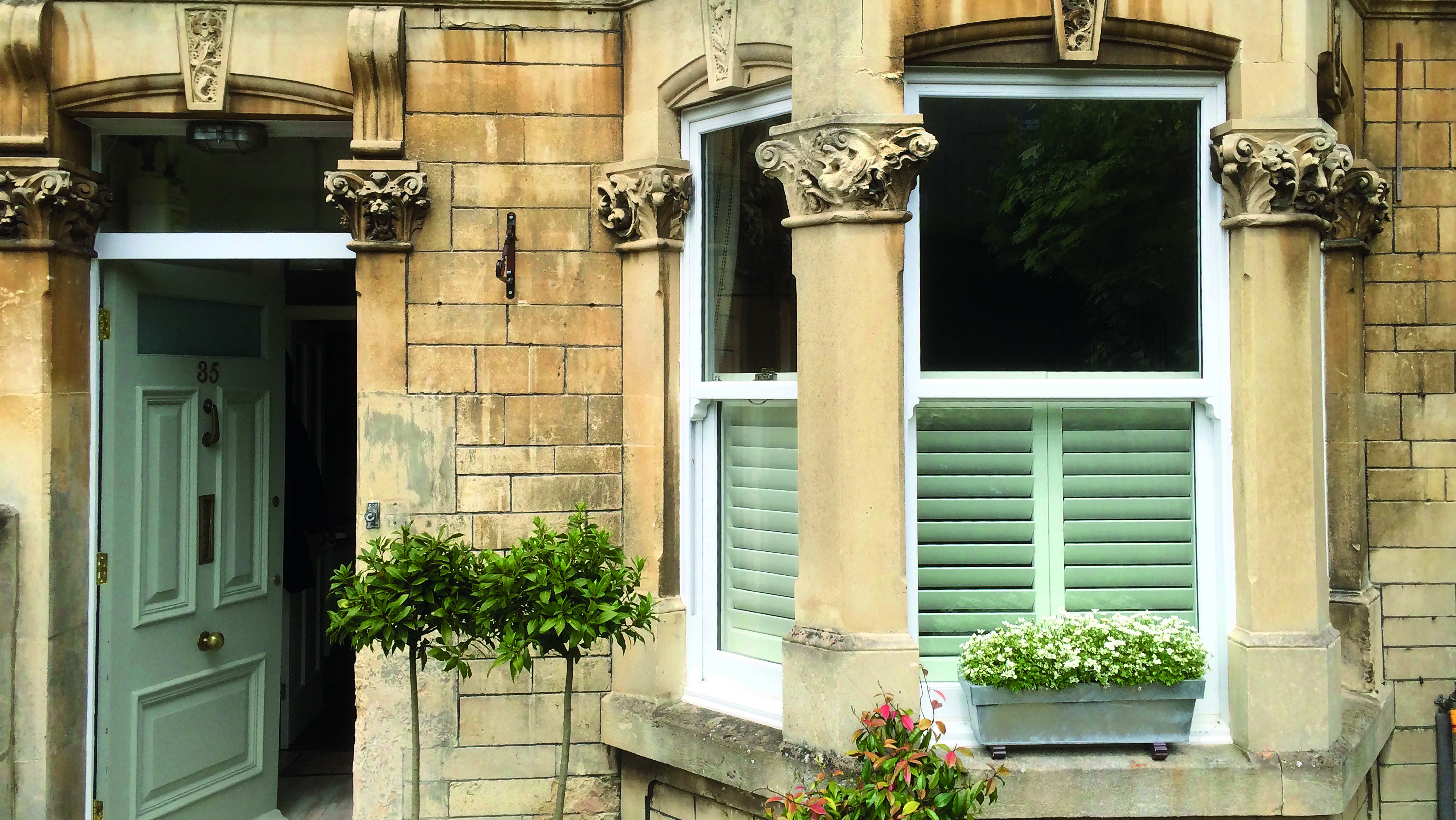 Shuttercraft shutters can give you privacy, while still letting in the light – here's why they're a summer essential
Shuttercraft shutters can give you privacy, while still letting in the light – here's why they're a summer essentialHow Shuttercraft can help keep your home cool this summer
By Sponsored Published
-
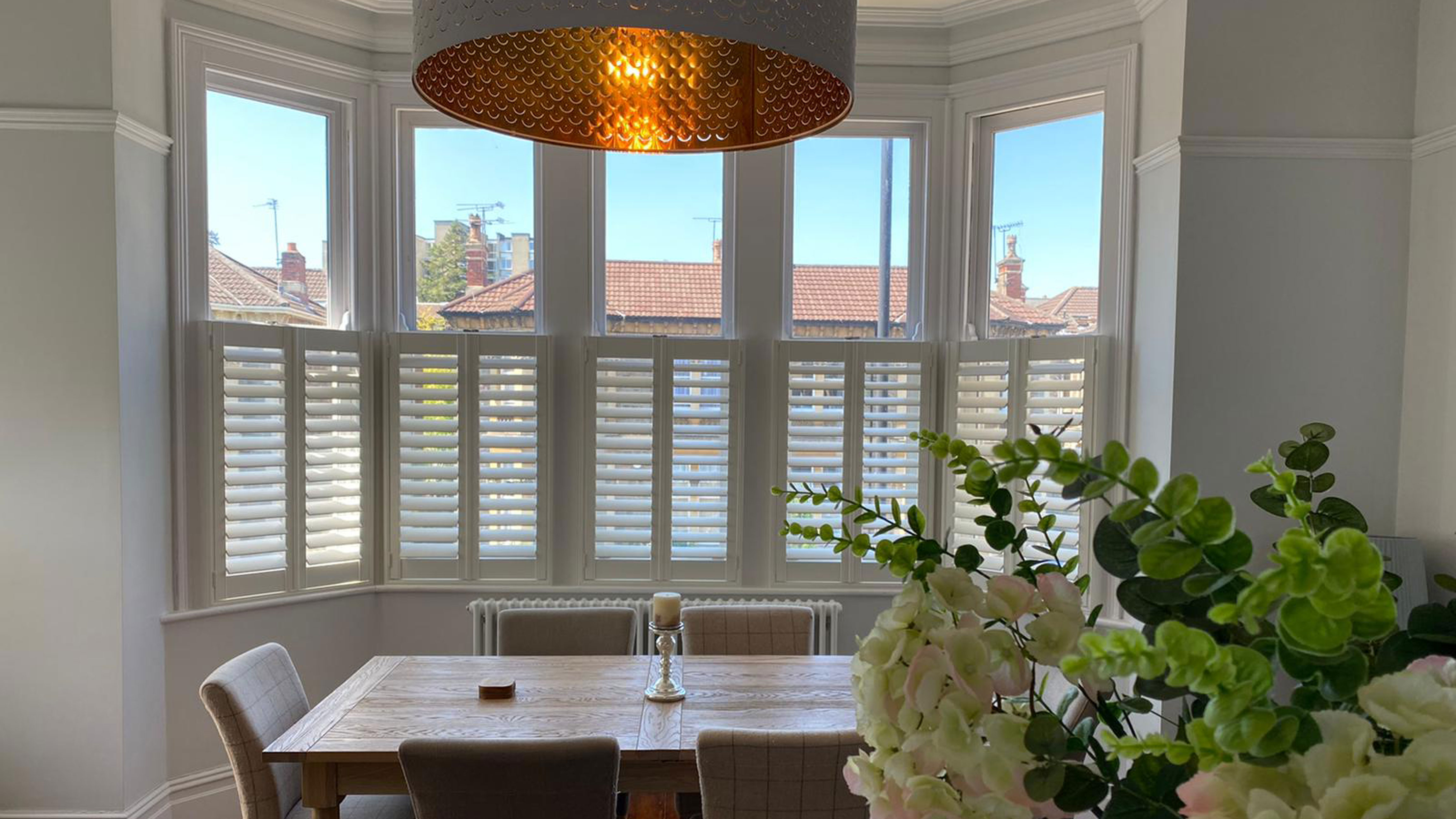 Having shutters can help you sleep better – here are 5 more reasons you should buy from Shuttercraft
Having shutters can help you sleep better – here are 5 more reasons you should buy from ShuttercraftNot just because they are stylish...
By Sponsored Published
